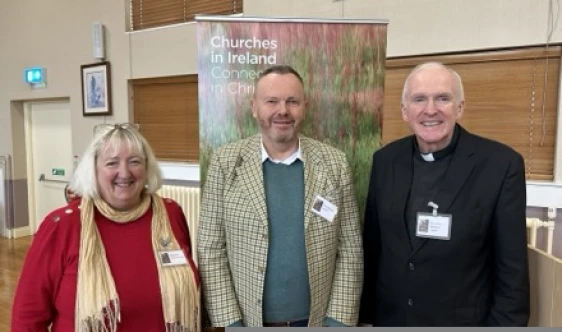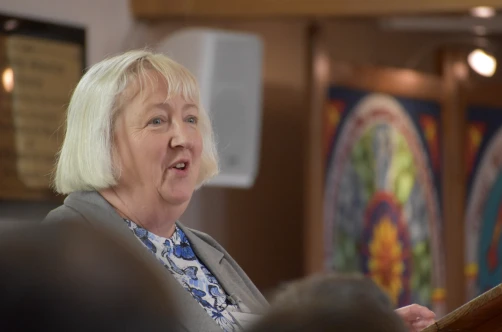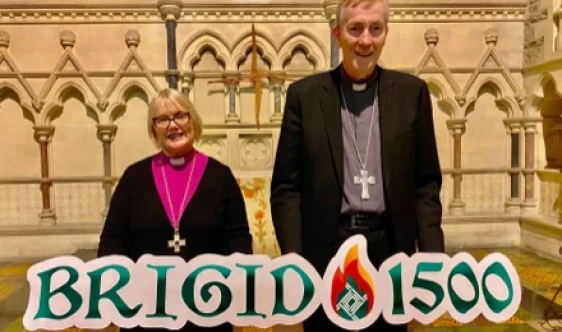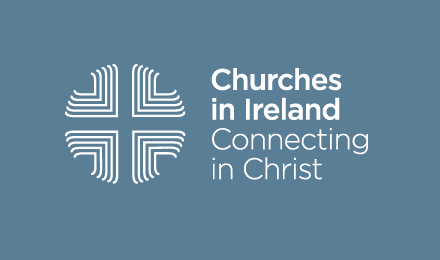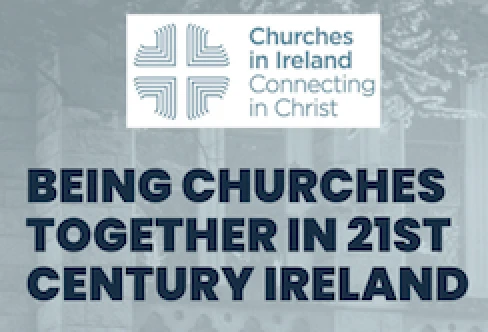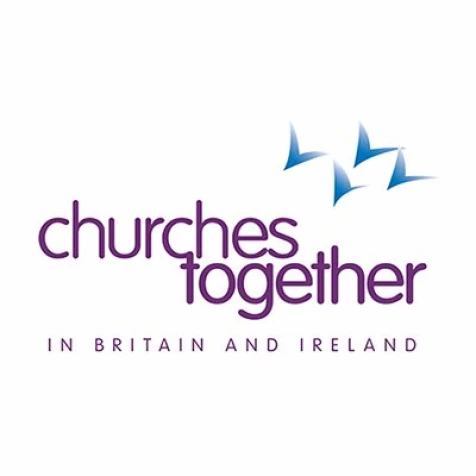
The Churches Together in Britain and Ireland AGM was held at St. Andrew’s Church Centre, London, 8th May 2019. Georgina Copty was a Church of Ireland delegate and has shared this blog about her experience.
The meeting commenced with worship during which the delegates were invited to reflect on the idea of creating inter–religious unity in response to tragedy. In the wake of the bombings in Sri Lanka, introspection and self–criticism emerged from the local churches. The delegates were asked to learn from Sri Lanka about coming together.
Bob Fyffe gave a short overview of the work of CTBI. He highlighted that a four nations conference will be held every November with the next one taking place on 11–12 November. CTBI will also have a new website.
As this was the last AGM for Archbishop Angaelos, Bob thanked him for all his commitment and hard work. The Archbishop in turn, expressed his gratitude to the members of CTBI who have become his wider family.
The keynote topic for the day was “Serious Youth Crime.” Richard Reddie, Director of Justice and Inclusion at CTBI, ran a packed afternoon session and spoke passionately about his work in this area. Richard discussed his involvement with the Standing Together Coalition, an ongoing cross–denominational church initiative to tackle the problems of youth violence. The coalition held a rally in Trafalgar Square on 6 April 2019. CTBI was one of the organisers of the rally, which was well attended by church leaders.
Les Isaac, CEO of the Ascension Trust, gave a short but comprehensive talk on the role of the Trust. Les explained that one of the challenges of Christianity is that we often focus more on what we are against rather than what we stand for. He noted the need to implement better communication between the church and the public sphere. Les highlighted the fact that churches cannot run away from the problem by asserting the claim “not in my back yard” as violence happens everywhere. Churches therefore need to take ownership by identifying the problem and putting in place the mechanisms to deal with it.
Richard shared some of his experience working in Belmarsh Prison. There he looked at the area of youth who attend church but still commit violence. Although churches have a presence in the prisons, they often fall short of their duty once prisoners are released back into society. Thus a holistic approach needs to be employed.
Les highlighted that the perception on the streets is that the church does not care.
The challenge for churches is to formulate a vision then devise a strategy to deliver that vision. It is imperative that churches recognise they cannot do this alone. Collaboration is the only way forward.
The second speaker was Revd Canon Dr. Rosemary Mallett, Director of Justice, Peace and the Integrity of Creation at the Diocese of Southwark. Dr. Mallett highlighted the direct correlation between those who are permanently excluded from school and serious youth violence. She discussed the initiatives currently being explored within the Church of England’s secondary schools.
She pointed out that churches deal with current issues depending on how they are impacted by them. Therefore there is no set formula. She argued that churches don’t have rights but responsibilities.
Dr. Mallett also emphasised that churches should work across a national perspective, but that they should implement their work on a parish level. She talked about the need to relate to people on a personal level.
One of the initiatives she is involved in is to place a knife bin outside her church. She also does a lot of work with women in the church as they often carry the burden and the pain that results from youth violence. Dr. Mallett highlighted the need for days of prayer as everything needs to be fuelled by prayer.
Echoing Les’s sentiments of the need for churches to engage with the issue of youth violence, Dr. Mallett warned that if we don’t engage with these issues, they will come our way. She concluded with stark words that churches should find a way to work with the living young rather than administer to the young that are dead.
